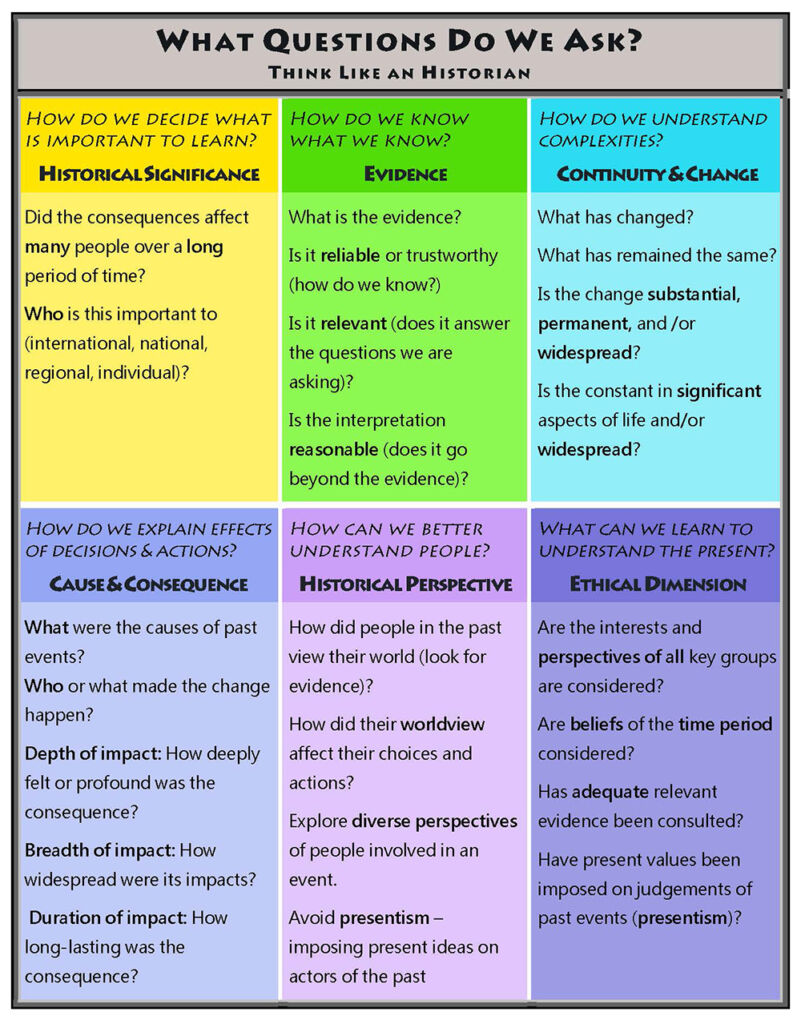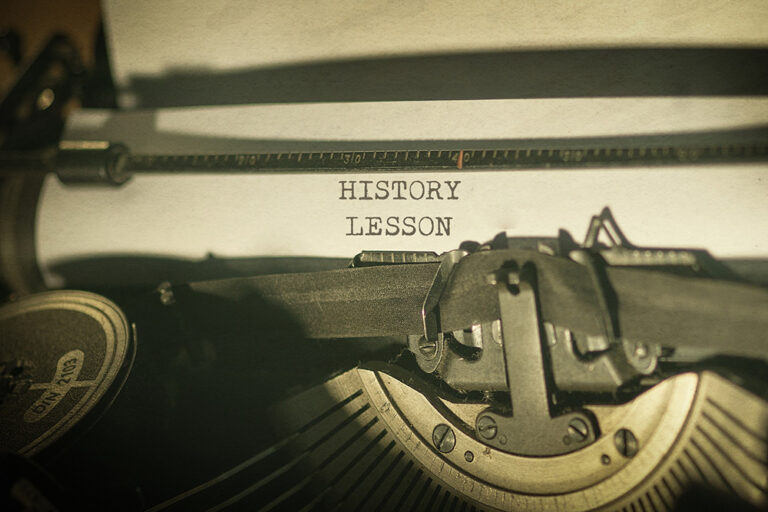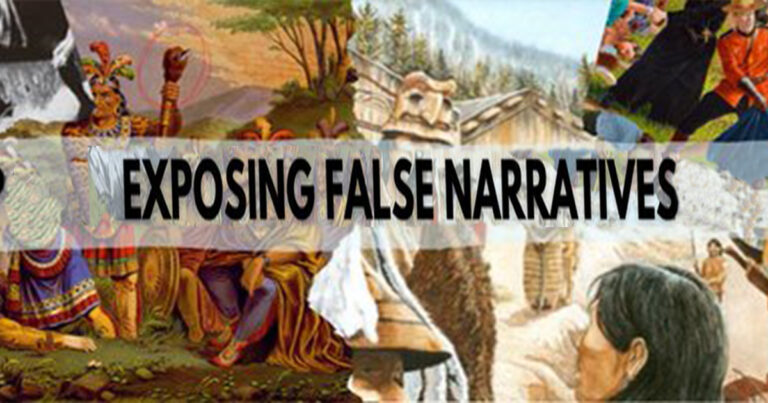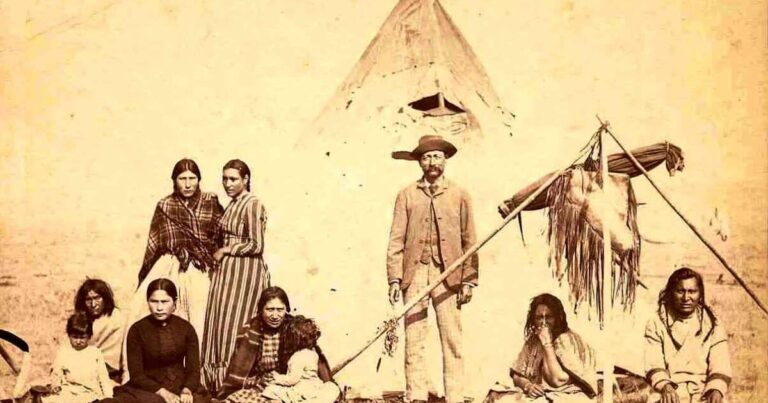Historical Inquiry Skills – Significance
The past is everything that ever happened to anyone, anywhere. There is too much history to remember all of it. And new “history” is being created every day. We put considerable effort into learning and remembering that which is historically significant, but have you considered how are those choices made?
People who do not think about significance may simply accept what is presented to them — by textbooks, teachers, or the media — as significant, without any further thought. Alternatively — but just as problematically — people may equate “significant” with “interesting to me.”
So how do we make choices about what is worth remembering?
Professor Peter Seixas, the director of the Centre for the Study of Historical Consciousness at the University of British Columbia, suggests that significance can be determined by analyzing an event, person, or development against the following criteria:
Aspects of Significance
1) Resulting in change – the event/person/development had, or will have, deep consequences, for many people, over a long period of time.
2) Revealing – The event/person/development sheds light on enduring or emerging issues in history and contemporary life or was important at some stage in history.








